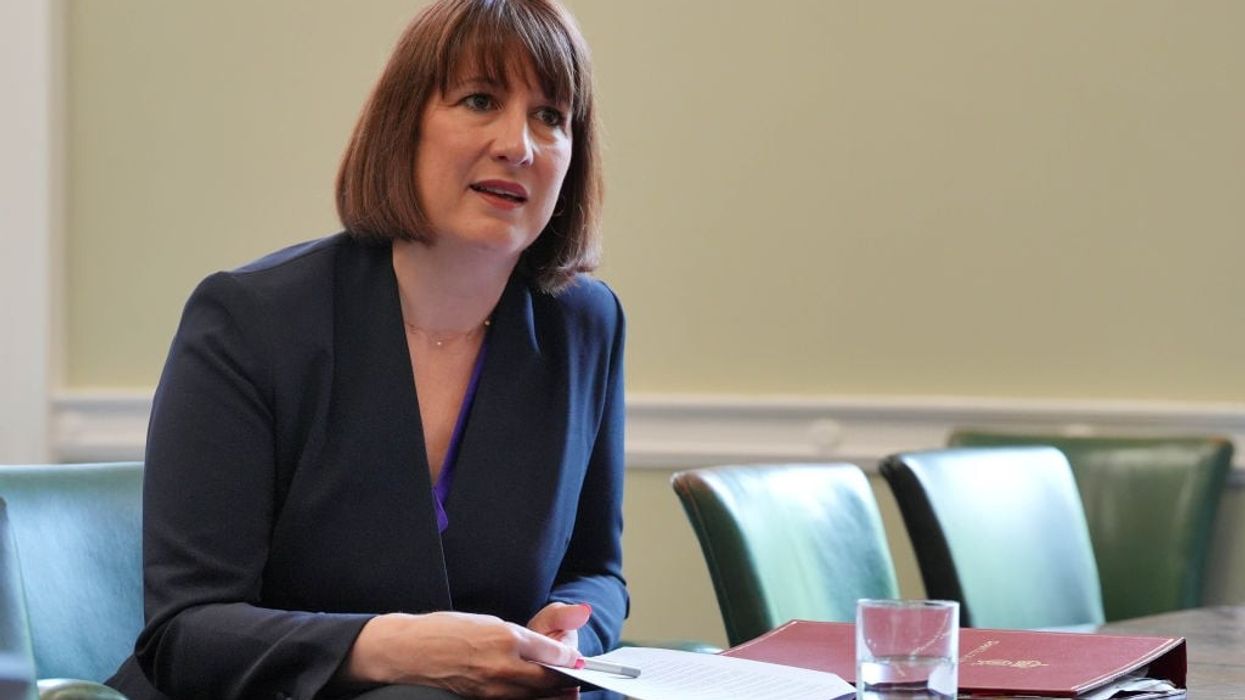THE UK’s economy saw no growth in the third quarter, according to revised data released on Monday, marking a setback for the Labour government.
The Office for National Statistics (ONS) reported that gross domestic product (GDP) showed zero growth between July and September, down from the previously estimated 0.1 per cent growth.
The data covers the early period of the Labour government's tenure leading up to its first budget announcement at the end of October.
Chancellor Rachel Reeves responded to the figures, acknowledging the scale of the challenge.
“The challenge we face to fix our economy and properly fund our public finances after 15 years of neglect is huge,” she said. “But this is only fuelling our fire to deliver for working people,” Reeves added.
Economic forecasts had projected 0.2 per cent growth, and analysts pointed to pre-budget uncertainty as one reason for the weaker outcome, noting the impact of proposed business tax increases and higher state borrowing plans.
The ONS also revised the second quarter growth figure down to 0.4 per cent from 0.5 per cent.
Paul Dales, chief UK economist at Capital Economics, commented that the data indicated “the economy ground to a halt in the second half of the year due to a combination of the lingering drag from higher interest rates, weaker overseas demand and some concerns over the policies in the budget.”
(With inputs from AFP)




